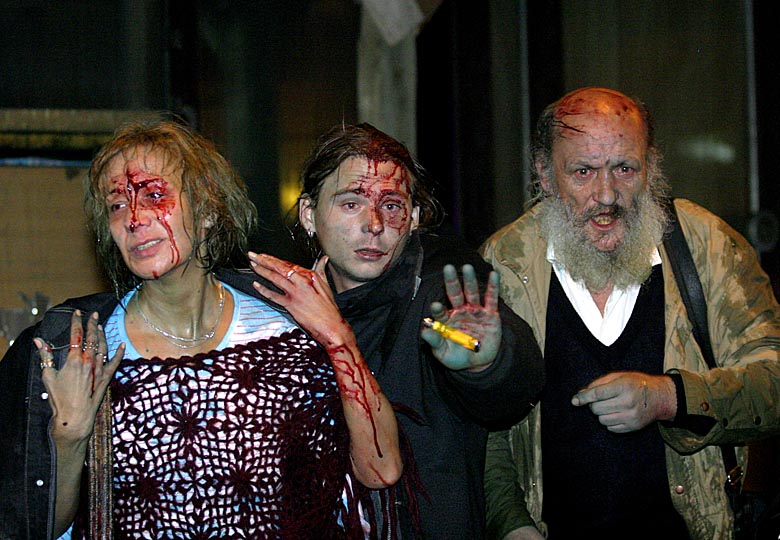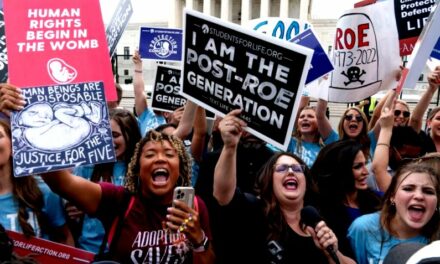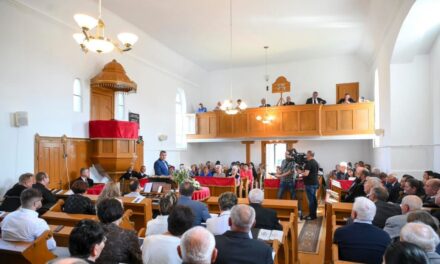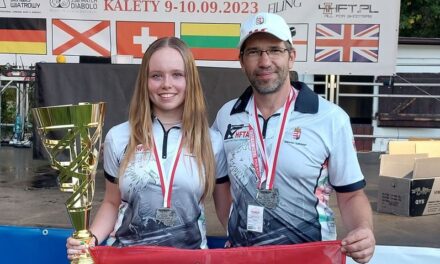In Kossuth Rádió's Sunday Newspaper program, they talked with parliamentarian Ilona Ékes and channel director Beatrix Siklósi about the consequences of the Ószöd speech, police brutality and its silence, and previously unheard interview excerpts were presented.
In the program, the short film Becsapott ország - 2006 by Beatrix Siklósi and Gábor Matúz , which was made in November 2006, immediately after the shameful and brutal mass dispersals and acts of violence.
Due to the fifteenth anniversary of the Ószöd speech, it is also worth recalling on this basis what tens of thousands of people in Budapest and non-Budapest who came into the range of police terror acts, often just as passers-by, as guests sitting in a cafe, as city dwellers "venturing" into the stairwell of their own house, or as tourists, went through. resident.
In Kossuth Rádió's Sunday Newspaper program, they showed previously unheard interview details from the 2006 film.
In the first recording, young girls who were beaten tell about the police brutality they had to experience in the fall of 2006.
They say that they took part in the demonstration in Kossuth Square as peaceful demonstrators, and then on their way home they ran into the police line. They had to flee from the tear gas grenades, they tried to hide in a doorway, but the police went after them and brutally beat them.
"They started hitting us, on my head, which also split open. I collapsed, then they hit me until I was completely sprawled out. After that, they picked me up by the hair," one of the speakers recounts his harrowing experiences.
They forced the young girls to their knees between 2 and 3 a.m., put one of them in the trunk of the police car and took them to the police station.
"They told us that they no longer have a name, only a number, which they wrote on my palm, for example, but some had their number written on their face," the girls say in the recordings about how they were treated .
They were also made to kneel at the police station and kicked as soon as they moved.
There were five charges against them, they changed the charges against them five times. Their lawyer kept informing them that they were facing more and more serious charges. At first they were told that they would be released the next day, then this changed to 72 hours, and then to 30 days at the hearing.
The girls' lawyer was not given the testimony of the policemen who testified against them either, three policemen testified against them, who obviously falsely indicated a different location as the location of their arrest.
The conversation with Attila Csorba, who was driven to suicide, is even more shocking. He tells how he fought for his life and how he lost his sight after a policeman shot him in the head from 15 meters away.
The young man was out at a demonstration for the first time, he did not participate in previous events, his only healthy eyeball had to be removed due to his injury.
"The rubber bullet completely destroyed my eye, my eyeball had to be taken out," said Attila Csorba in the previous recording, whose meninges were also damaged and suffered other injuries, as a result of which the cerebrospinal fluid began to leak.
He suffered such permanent injuries and was put in such a hopeless situation - as he lost his job, was completely blind and was in constant pain - that he later fled to commit suicide.
Source: Kossuth Rádió, hirado.hu
Front page image: life picture of Budapest from October 23, 2006 (Source: Hír TV)













